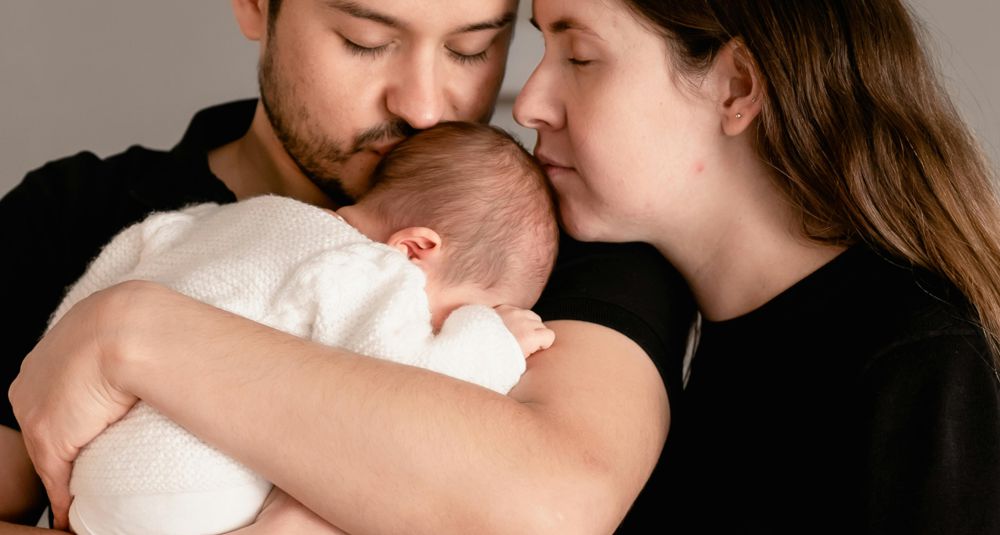What the High Court’s parental leave ruling means for employers

On October 25, 2023, a groundbreaking legal development unfolded in the Gauteng High Court with the case of Van Wyk and Others v Minister of Employment and Labour [2023]. In a pivotal judgment, specific sections of the Basic Conditions of Employment Act, 1997 (BCEA), and the Unemployment Insurance Act, 2001, were declared unconstitutional and null. The focus of these contested sections was on matters of maternity, parental, adoption, and commissioning parental leave. The court’s verdict was firmly rooted in the argument that these provisions infringed upon the fundamental rights to equality and dignity, as protected by sections 9 and 10 of the Constitution of the Republic of South Africa, 1996.
The driving force behind the court’s decision rested on the assertion that the BCEA unfairly differentiates between parents based on their roles, whether mothers or fathers, adoptive parents, or those with children through surrogacy. Crucially, the court took a holistic view, considering the best interests of the child and stressing that caregiving leave entitlements under the BCEA aim not only at the physiological recovery of the birthing parent but also at nurturing a newborn or toddler.
It is essential to note that the court clarified that while certain aspects were deemed unconstitutional, provisions addressing the physiological recovery of a birthing mother were exempt from this ruling.
ARE YOU INFORMED ABOUT THE LATEST LEGAL DEVELOPMENTS?
Questions and answers
- Status of parental leave: Families would now have the choice to designate the primary caregiver. The four months of parental leave, formerly known as maternity leave, can be shared between parents if they so choose.
- Duration of leave for each parent: Contrary to the assumption that each parent receives a four-month leave individually, the four-month leave period is per family and can be distributed between parents based on their agreement.
- Administrative burden: The Department of Employment and Labour is yet to provide guidelines regarding the administrative aspects of implementing the new parental leave arrangements.
- Implementation timeline and employer status: As of now, the High Court judgment has not triggered immediate changes. The order has been referred to the Constitutional Court for validation, currently in the process. The Constitutional Court is scheduled to hear the case, with a potential timeline placed in the third term of 2024. Should the order be upheld, parliament will have two years to draft legislation aligning with the ruling.
- Impact on UIF parental and maternity leave benefits: Under interim relief, all parents are entitled to a continuous four-month parental leave. Parents of a qualifying child have the flexibility to decide how to divide this period between them. Notably, any portion of the four months taken as leave by a parent, regardless of their role in childbirth, is eligible for UIF benefits.
In conclusion
In conclusion, the High Court judgment does not change anything at this time, however, once legislation is potentially drafted depending on the Constitutional Courts outcome the Van Wyk judgment could reshape the landscape of parental leave in South Africa.
Contact the LWO for any advice or assistance!
Not an LWO member yet? Take a look at our membership packages.
IS YOUR BUSINESS LABOUR-COMPLIANT?
FIND OUT NOW.